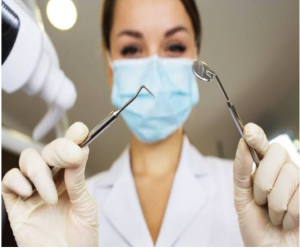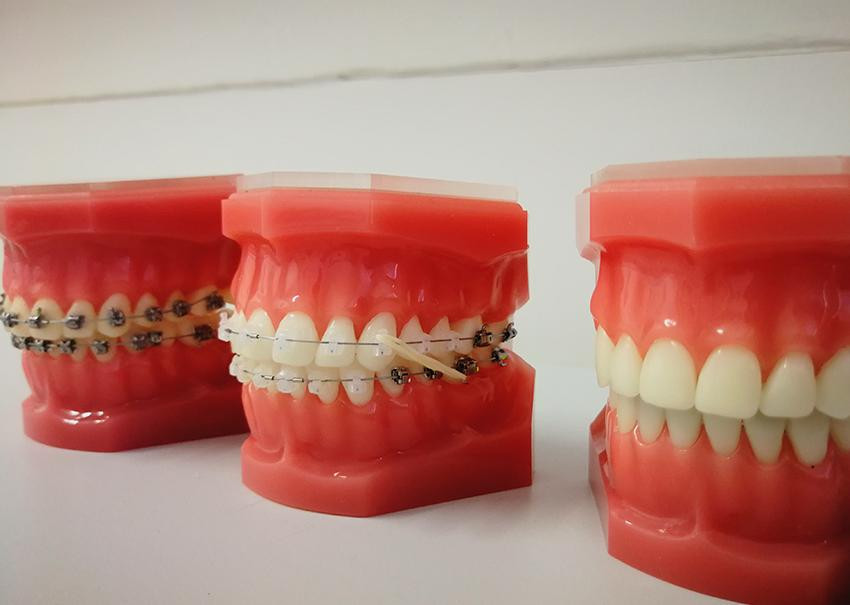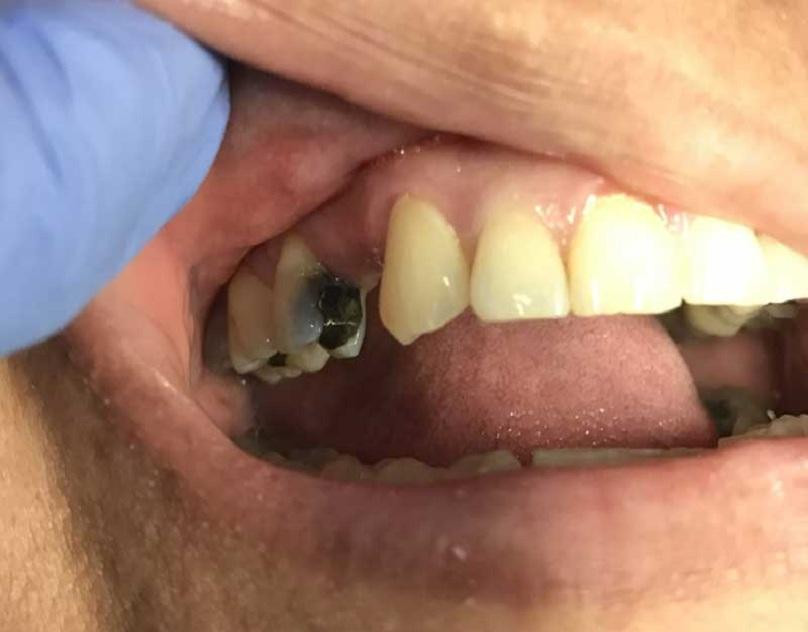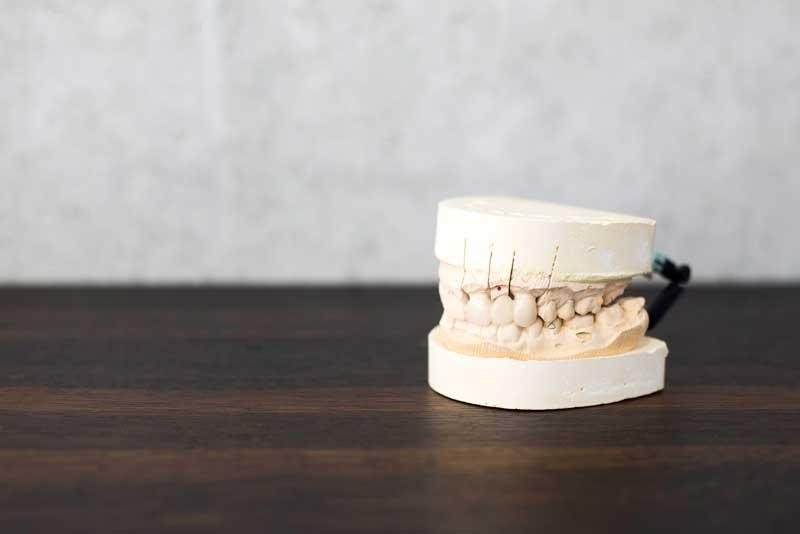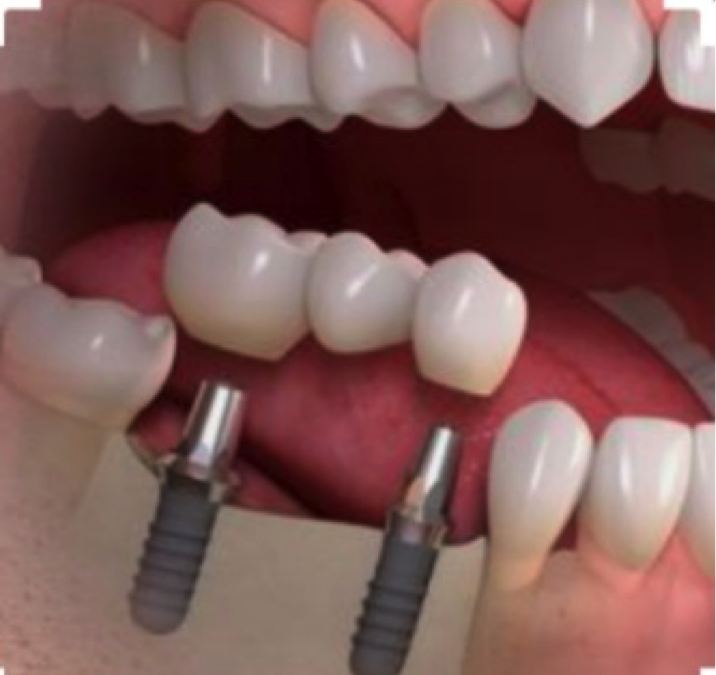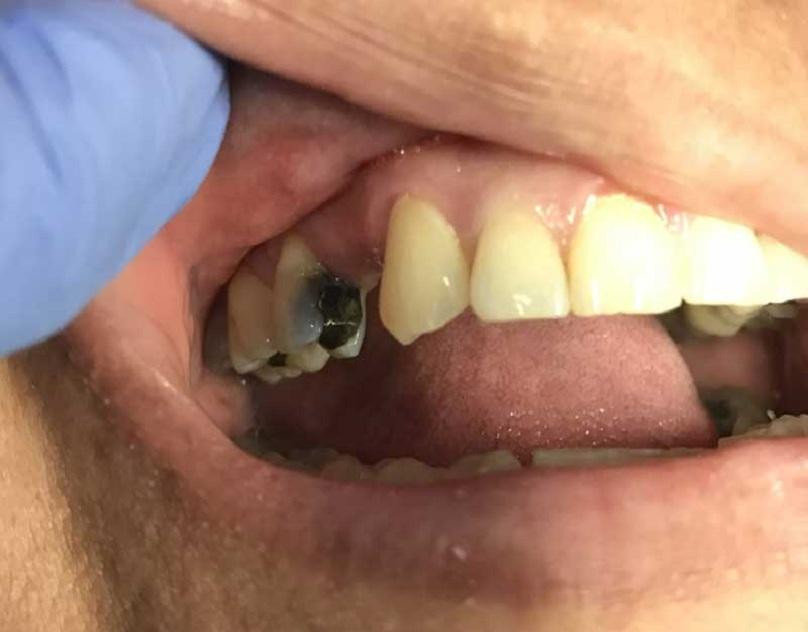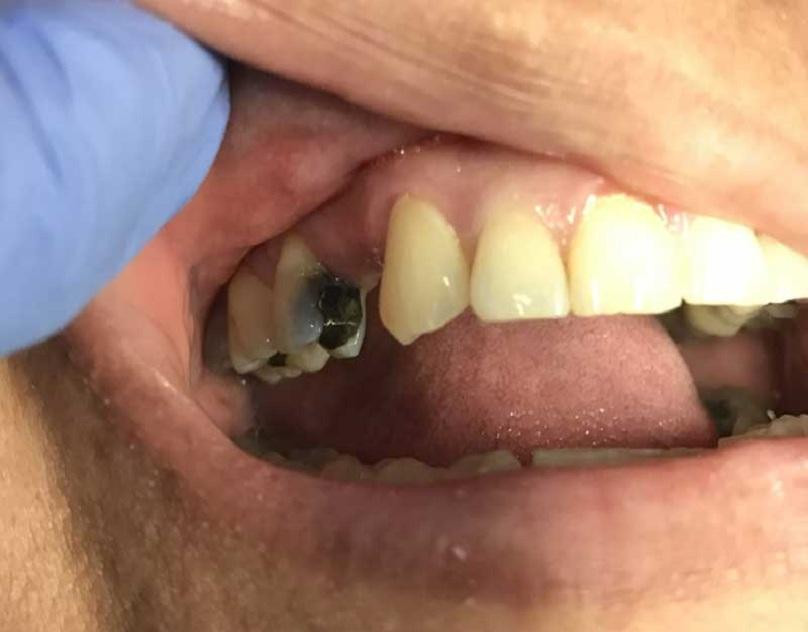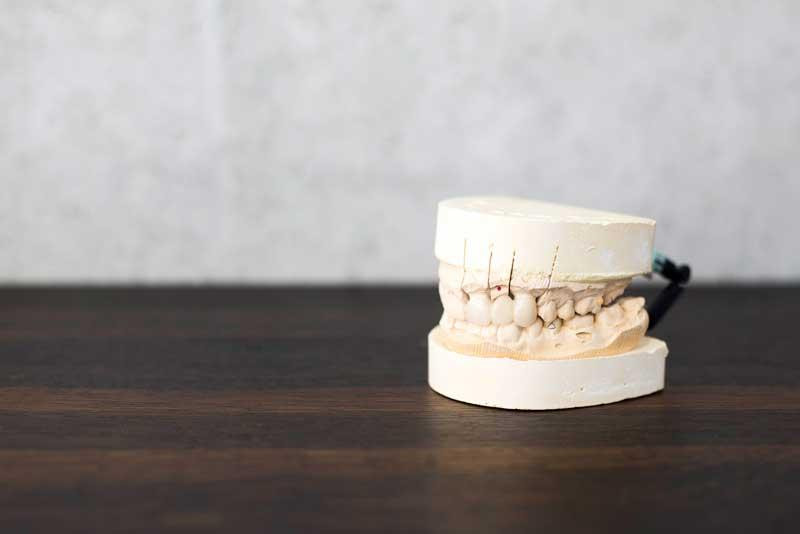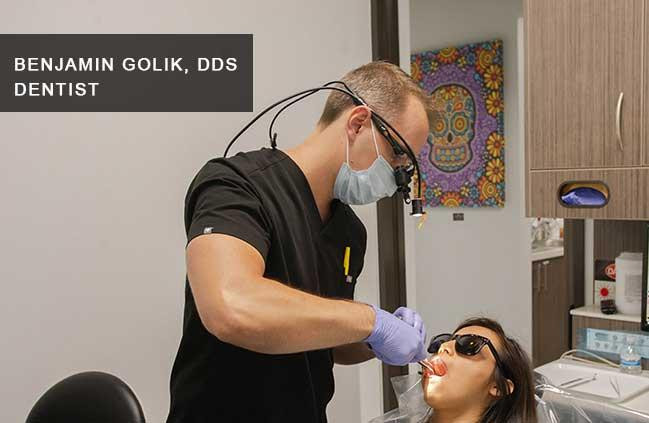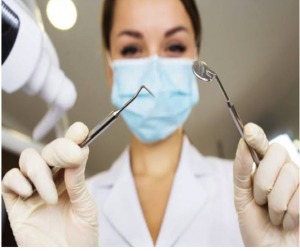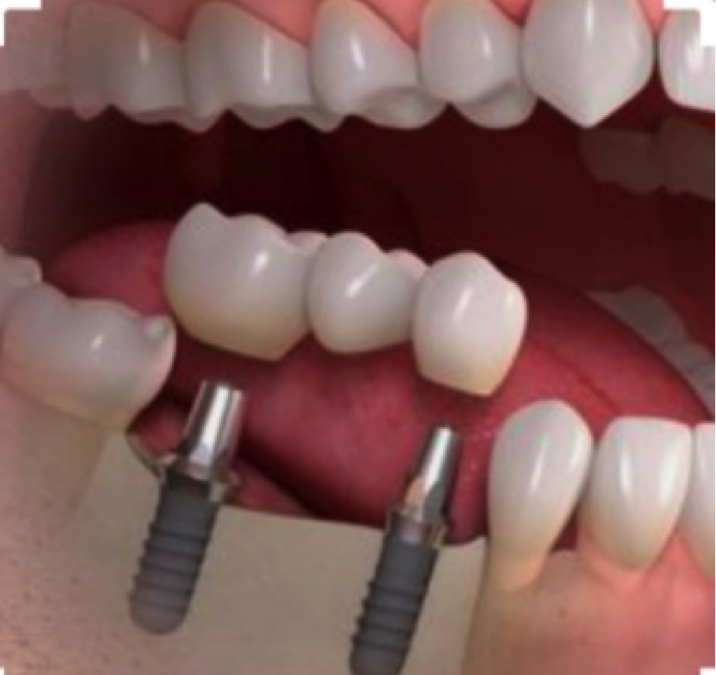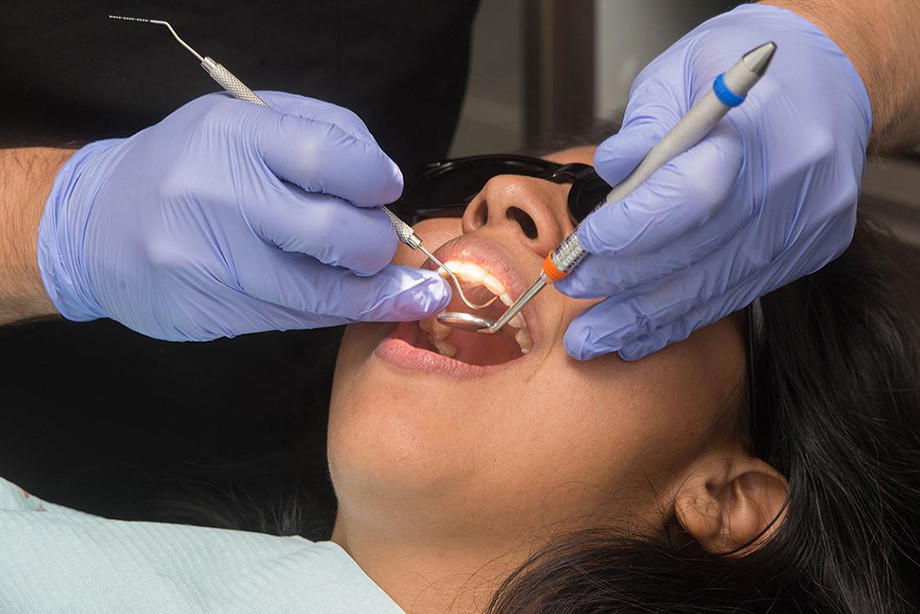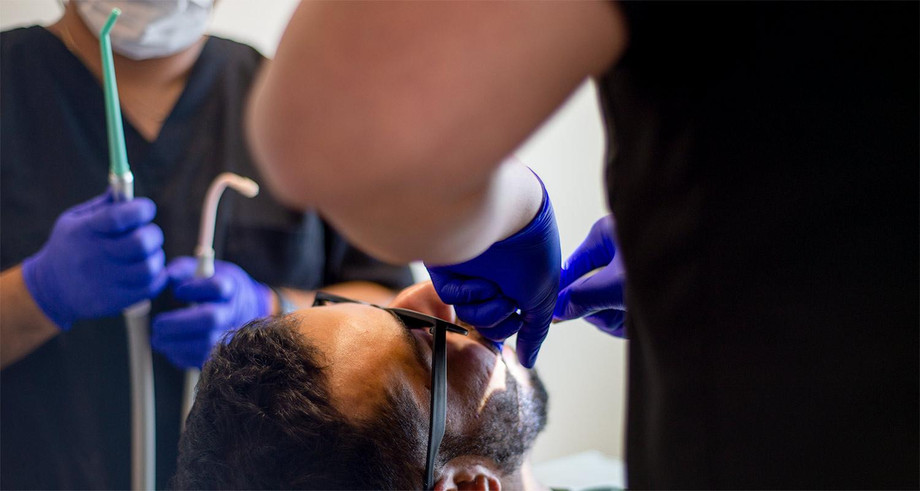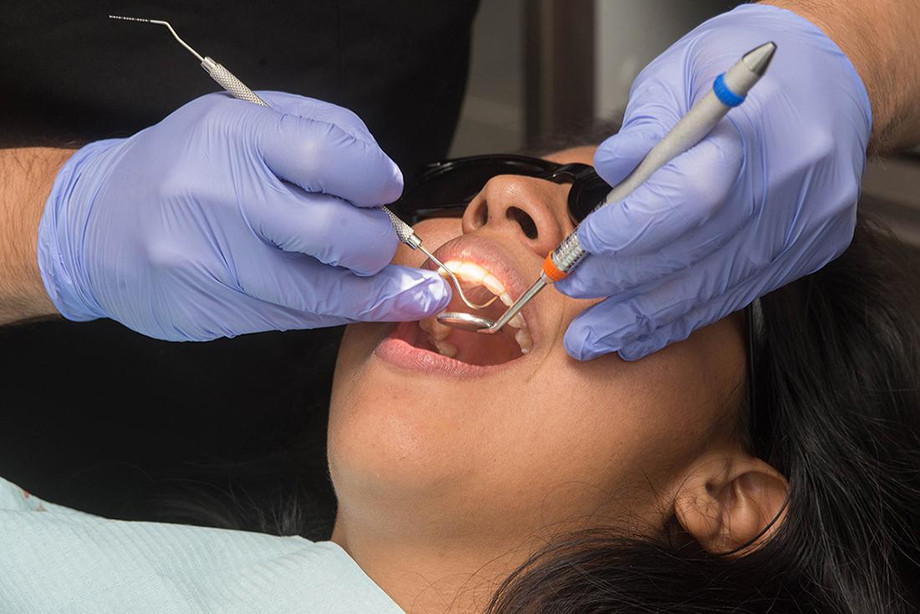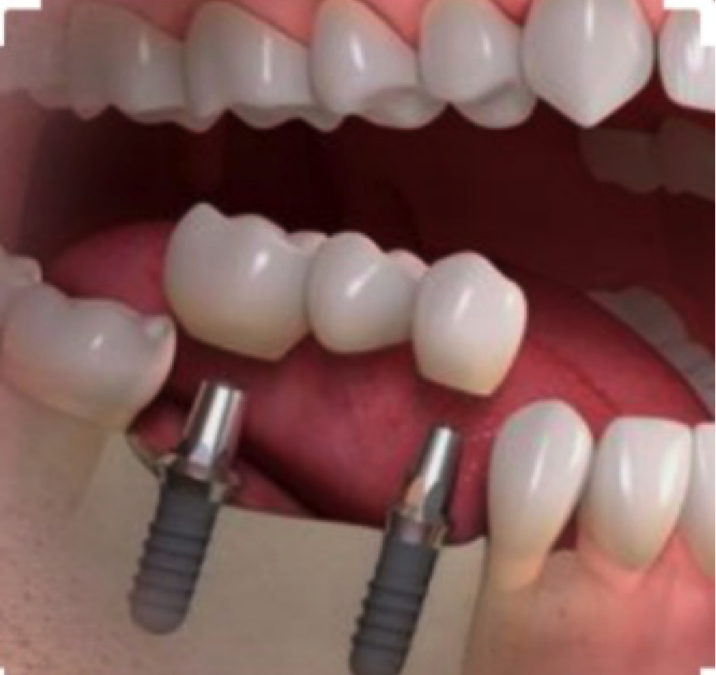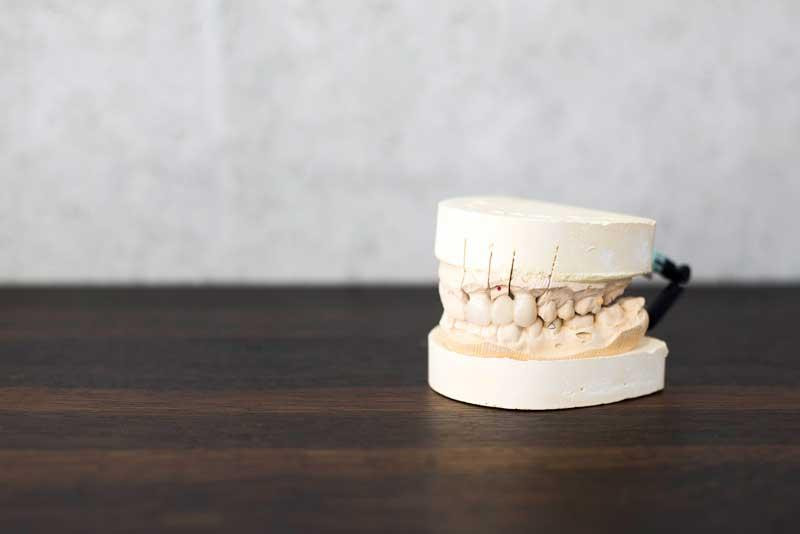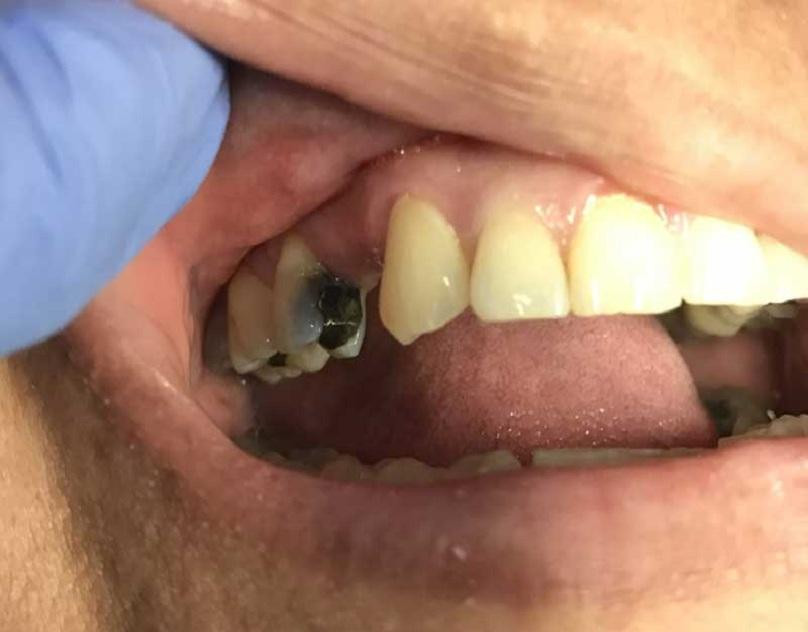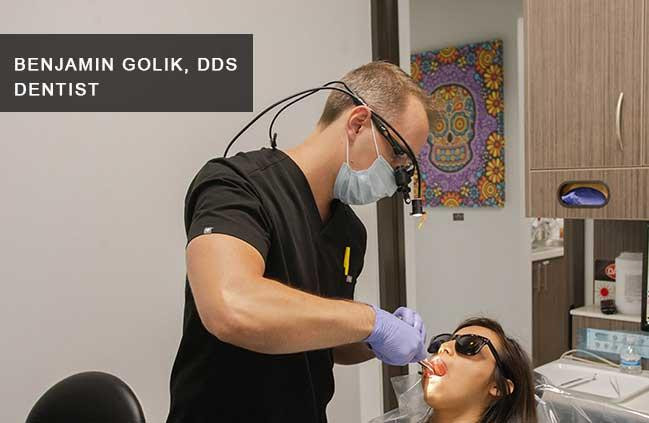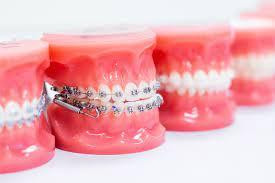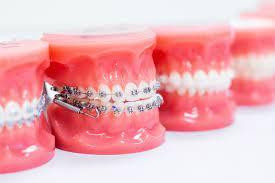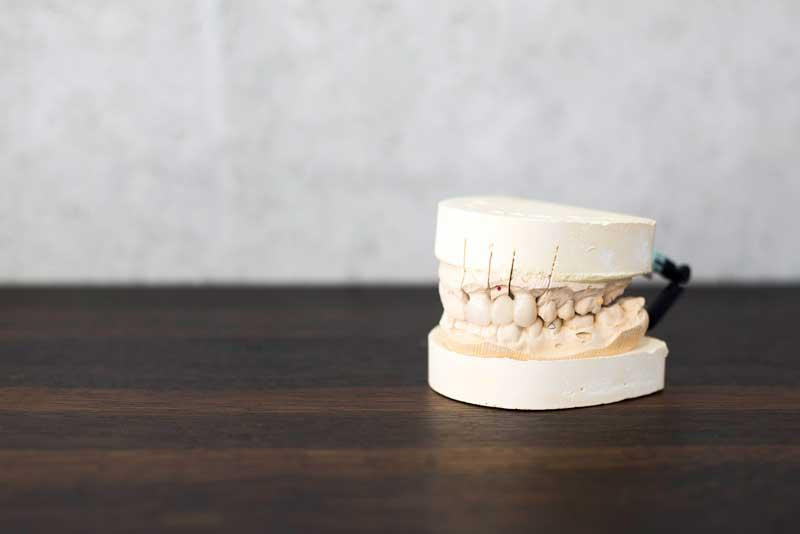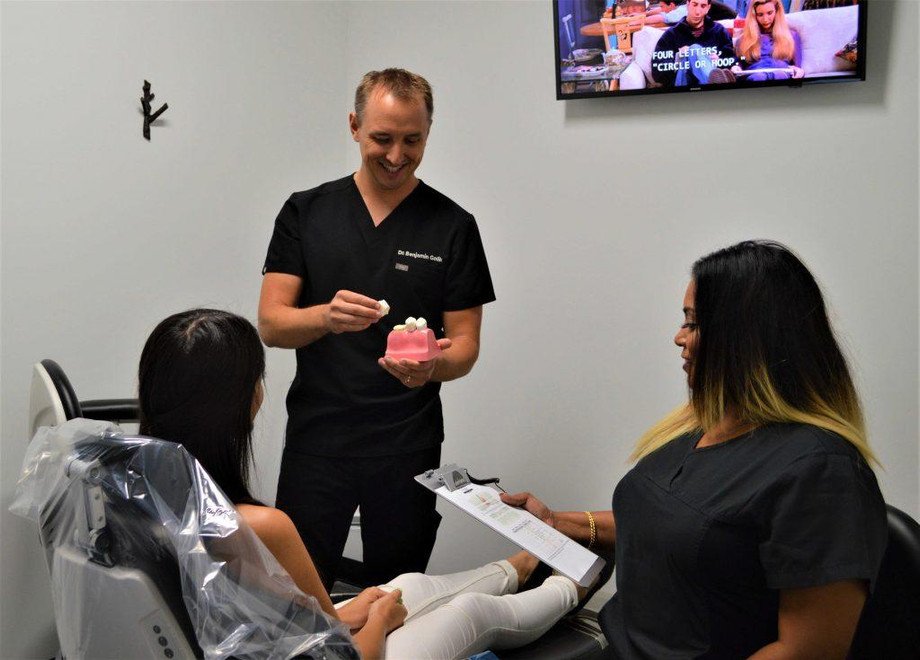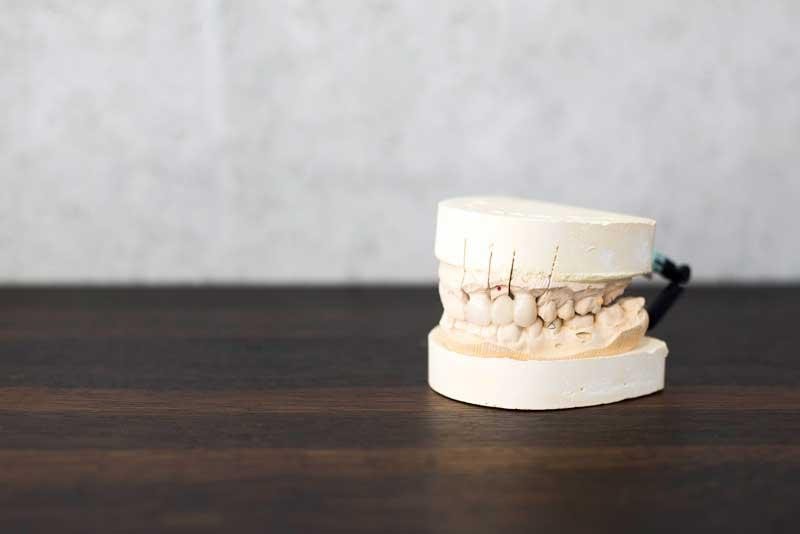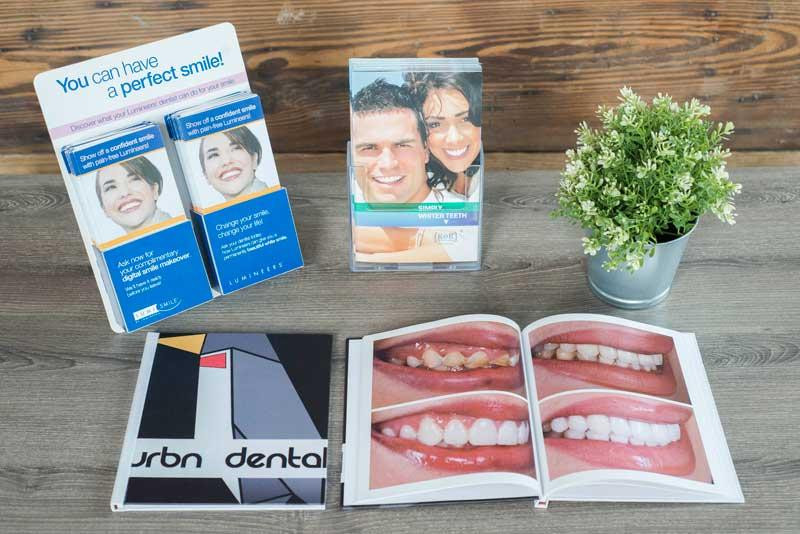jeffreylinda's blog
The inflammation of the tissues that surround and support the teeth leads to a gum disease called Gingivitis. It is often a result of poor dental and is a very common gum disease that differs in severity. During brushing or flossing, symptoms often include bleeding of the gums and bad breath. The direct cause of gingivitis is plaque building at the gum line. Gingivitis can lead to periodontitis if left untreated and it might result in permanent damage to the teeth and jaw.
Since gum disease can be a gentle type of gum illness, people probably won't know that they have the condition. Notwithstanding, appropriate oral consideration and propensities, standard brushing and flossing, and having dental exams can assist with forestalling gum disease. Gum diseaseisn't equivalent to periodontitis - gum disease is irritation of the gums around the teeth while periodontitis includes an aroused or contaminated bone underneath the gums - in spite of the fact that there are occasions when an individual can be influenced by both.
Symptoms and signs of gingivitis:
Making an appointment with a dental specialist in case there are any manifestations or indications of gum disease can assist with forestalling it and other more genuine dental issues. Dental specialists prescribe ordinary exams to decide early indications of gum disease and treat them before it deteriorates.
A portion of the manifestations and signs of gum diseaseare: enlarged, delicate gums; Color of gums change from sound pink to red; subsiding gums; gums that drain effectively during brushing or flossing; relentlessly terrible breath; abundant resources arrangement among teeth and gums; and changes in the manner in which teeth or halfway false teeth fit in.
Causes of gingivitis:
- Forceful tooth brushing
- Blood problems like leukemia
- Inadequacy in nutrients particularly Vitamin C
- swollen gums
- Arrangement of plaque that can cause tooth rot and gum contamination
After the assessment, the dental specialist or even thoughwill give proposals on how gum disease can be dealt with because diverse treatment choices are relying although upon the stage or seriousness of the illness. Notwithstanding, your dental specialist may likewise prescribe a clinical assessment to decide any medical issues if the reason for the gum disease is as yet not satisfactory.
How to get rid of gingivitis?
The principal objective of Gingivitis Treatmentis to forestall any contamination that may be available and to stop the spreading of the infection. On the off chance that the reason for gum disease isn't recognized in your teeth, gums, or tongue, a clinical test and assessment will be suggested by your dental specialist for any hidden medical problems.
- Proficient or non-medical procedure: This therapy incorporates starting assessment to decide the reason for gum disease; scaling or expulsion of plaque and tartar from underneath the gum line; fix of any dental reclamations that could be ruining sufficient dental cleanliness; endorsing anti-infection agents to forestall any contamination; follow-up exams and cleanings; proposal of dental cleaning strategies to eliminate plaque and tartar; and careful guidance on viable brushing and flossing methods.
- Follow-up home consideration: It is prescribed get-togethers treatment to decrease the danger of additional contamination and harm to the teeth and gums. These include brushing the teeth somewhere around two times each day, ordinary flossing, utilizing clean mouth wash or flush to gather up the microscopic organisms, and following a sound eating regimen.
In case gum disease is left untreated, it can spread to the fundamental tissues and bone that can prompt periodontitiswhich is serious gum contamination that can cause tooth misfortune. Further intricacies may bring about abscesses of the gums or jawbones and channel mouth. Gum disease and periodontitis can likewise prompt other genuine medical conditions like atherosclerosis, diabetes, untimely births, respiratory infections, and stroke.
Article Source : https://jeffreylinda.weebly.com/blog/why-do-you-need-on-time-treatment-for-gingivitis
Natural methods are an effective and cheap way in the treatment of gingivitis. Natural methods are usually able to clear gingivitis if you begin treatment at an early stage. Before plaque becomes tartar it is essential to treat it. You may have to increase the duration and frequency of flossing and brushing.
Gingivitis is a serious gum diseasethat affects thousands of people every year. If not treated promptly, it can lead to bleeding gums and tooth loss over time. The following are five natural ways to stop gingivitis and its symptoms.
- CoQ10 toothpaste- Recent research has shown that toothpaste containing CoQ10 can be effective in gingivitis treatment. CoQ10 is a powerful antioxidant that has been used to successfully stop gingivitis when it is mixed into toothpaste, mouth rinses, oral gels, and other treatments. This can be helpful as a part of a good overall plan for oral hygiene.
- Myrrh- Recent Research has shown that the anti-inflammatory and anti-fungal properties of myrrh can make it an important part of a successful gingivitis treatment plan. It is believed that myrrh enhances the body’s production of white blood cells, which assist the body in fighting various diseases including gum disease. A tincture or mouth rinse containing myrrh can be combined with CoQ10 toothpaste and other herbal treatments to heal bleeding gums and stop gingivitis.
- Tea Tree Oil- Leading to a multitude of health benefits for the gums, tea tree oil naturally possesses anti-bacterial, anti-fungal, and antiseptic properties. Using a single drop of oil with your regular toothpaste and brushing for several minutes daily can promote the healing of bleeding gums in a matter of a few weeks. Many oral hygiene products contain tea tree oil today because of all the benefits it can offer in stopping gingivitisand other diseases of the mouth.
- Clove Oil- Clove Oil has natural bacteria-fighting abilities which make it a great treatment for gum disease. It is best to buy clove already in oil form and rub it directly onto the gums. Whole cloves, such as those sometimes used in cooking can also be chewed and left in contact with the affected areas for several minutes daily. This will reduce swelling and help the gums begin to heal when used regularly.
- Peppermint Oil- Many people are not aware of the natural healing abilities of peppermint oil. Using mouth rinses and toothpaste containing peppermint oil heals mouth sores and also reduced the inflammation that leads to soreness, bleeding, andswollen gums. Oral hygiene products containing peppermint oil can stop gingivitis and improve overall gum health when used daily.
For years to come, these natural treatments can be very helpful in the treatment of gingivitis leading to a healthy mouth. Home remedies work extremely well with bleeding gums and mild gingivitis but some cases are too far gone for over-the-counter home solutions. But there are some natural ways to stop gingivitis without the use of prescription and those nasty side effects.
Article Source : https://bestdentalcrown.mystrikingly.com/blog/how-to-get-rid-of-gingivitis-with-the-help-of-natural-remedies
We faced teeth problems many times that require us to visit a dentist without any delay. Issues like broken teeth, lost crown, swollen gums, broken dentures, and infected teeth are required to be taken care of as soon as possible. These issues can get worse if not attended to in time. When you faced teeth problems such dentists provide services at odd hours when normal dental offices are not open.
Where to Look For?
These dentists can offer you much-needed dental care in case you need immediate help. It is very important to do proper research in choosing an emergency dentistwhich will ensure that your problems will be taken care of in the best possible way. Here are a few ways to look for an emergency dentist.
- You can start your search by asking for recommendations from friends, relatives, and colleagues who might have taken the services of an emergency dentist at some time or might know one. For the same, you can also ask for a family doctor.
- The next place to look for is in the local directory or yellow pages. In case you face an emergency, they can help you find a dentist located nearest to your area so that you don’t have to travel a good distance.
- The best and the easiest way to look for an“Emergency Dentist Near Me”is the World Wide Web. Without any hassle, you can find a good dentist right from the comfort of your home.
What to Look For?
When you have explored all the sources, make a list of the ones you have shortlisted. You can ask about the kind of services they offer by calling them separately. Make sure to ask whether they have the proper degree and certification to practice or not. You can also fix an appointment with them and make a personal visit to see how well you are treated, how is the staff, and also the hygiene in the clinic. During the consultation, you can also ask about how long the dentist has been practicing and also the approach they adopt when anyone calls them in case of Emergency Dental Care.
You need to select an emergency dentist who is reliable and can offer you the best defense against dental problems. Ignoring toothache is not at all advisable and it is important to get registered with a dentist and have their number so that you can use it whenever a need arises.
What is not considered in a dental emergency?
It isn’t a dental emergencyif the problem can wait until your dentist can see you in the next couple of days. As long as you take care of yourself some problems that seem critical can actually wait for a day or so. For example, a cracked or chipped tooth is an emergency if the fracture is very painful or has left sharp fragments that cause trauma inside your mouth. You can wait to see your dentist if the tooth is chipped but does not hurt.
A toothache can also wait for treatment as long as the pain is not severe and you do not have symptoms of an abscess such as swelling of the face, bumps on the gums, or a high fever.
If you have lost a crown or filling, you can likely wait a few days to see your dentist. You can temporarily stick a piece of sugar-free gum into the cavity after losing a filling. With a lost crown, you can try putting the crown back in place temporarily with denture adhesive or over-the-counter dental cement — just don’t use super glue.
Article Source : https://emergencydentalclinic.health.blog/2021/09/13/how-to-select-an-emergency-dentist-for-treatment/
Wisdom teethare the last set of teeth to emerge in our mouth. Because they grow so late in one's life, normally, during one's adult life, they can cause immense pain and discomfort. Unfortunately in most cases, people do not have enough room in their already developed jaws for wisdom teeth. Since they try to accommodate by pushing the neighboring teeth, it leads to multiple problems.
Initially, it starts with slight pain and if left untreated the pain is transferred to your jaws and gums. In severe cases, especially if the wisdom tooth is pushing the jaws far too much, your dentist might also suggest a wisdom teeth removalprocedure. However, if the teeth are impacted, you may need to undergo a surgical procedure.
What are the symptoms of impacted wisdom teeth?
When an impacted wisdom tooth becomes infected, damages other teeth, or causes other dental problems then you may experience some of these wisdom teeth symptomsor signs:
- Swollen or red gums
- Bleeding or tender gums
- Pain in the jaw
- Bad breath
- Unpleasant taste in your mouth
- You may face difficulty in opening your mouth
- You may also feel swelling around the jaw
What is Impacted Wisdom Teeth?
When there is not enough room for the wisdom tooth to emerge at the back of the mouth, they get impacted. This can cause not only pain but can also damage other teeth and lead to other dental problems. Sometimes they can become vulnerable over time and lead to gum disease and tooth decay even after they erupt without the initial pain. Oral surgeons often recommend removing impacted wisdom teethso as to prevent serious complications in the future.
Though the wisdom teeth removal procedure is not at all complicated and can be completed within a few hours aftercare is very important. After you have undergone the procedure, what should you expect to do? How do you care for your oral hygiene and health after the tooth extraction? What are the dos and don'ts? Let's take a look.
What to Do On the Day of the Surgery?
You have to start being careful right from the day of the surgery. You may be given local anesthesia which will cause slight drowsiness though it is an outpatient surgery. After the extraction and surgery, a dentist near mewill put you under observation for some time. You don’t need to worry about the blood you will feel in your mouth. You can start using an ice pack immediately to help with the pain and swelling. It is advisable to eat soft food that doesn’t require you to chew too much on the first day.
Preparing for Long Term Recovery
At most, you are likely to take just three to four days to recover after tooth extraction. However if your wisdom tooth was impacted at an awkward angle, you may need about a week to fully recover. It is important that you take care of yourself for a few weeks even if you feel no wisdom tooth painbecause you may develop an infection later.
Article Source : https://jeffreylinda.blogspot.com/2021/09/what-is-procedure-of-impacted-wisdom.html
A disease that affects periodontal tissues is known as periodontal disease. It affects the alveolar bone, periodontal ligament, cementum, and gum line. Periodontitis and Gingivitis are two categories in which periodontal diseases are classified. The infection can spread to the bone and cause the destruction of tissues if left untreated or unchecked. The teeth will have to be extracted in such cases.
Treatment options for Periodontal Disease Treatment include regenerative and surgical procedures. When it is believed that regenerative procedures will not work only when periodontal surgery is used. Removing the bacteria that are causing the infection is the main aim of the treatment. It can be effectively treated by using antibiotics if the disease is in its initial stages. During the entire treatment procedure, proper oral hygiene is very important. If detected early, periodontal diseases can be easily controlled by maintaining good oral hygiene.
To treat periodontal disease, scaling and root planning are common treatment procedures that are employed. Scaling is performed to remove the plaquelayer from the teeth. From the teeth, the plaque layer is mechanically scraped off. To remove the scales ultrasonic instruments may be used. To make the surface of the teeth’s mouth softer root planing is done so that plaque cannot build up.
The treatment procedure will vary depending on the extent of the infection. In the case of moderate periodontal disease, the procedure is the same as that of mild scaling, and root planning is performed and antibiotics are prescribed. However, more visits are required if the infection is more severe. Typically, four visits are needed. Due to the spread of infection, there may be a loss of bony tissue in the case of extreme periodontitis. The surgical procedure may be more invasive and in case of extensive damage to the bone tissue, bone grafting may be required.
The maintenance of proper oral hygiene is an essential part of the treatment procedure. This is called "periodontal maintenance". It is also very essential to visit the dental office once every three months for reevaluation. To prevent the bacteria from repopulating the tissues, regular cleanings are also required. The treatment options are much more successful if the infection is detected in the initial stages.For this reason, it is recommended to visit the dentist often after periodontal treatment.
What treatment does a periodontist provide?
A dentist who specializes in preventing, diagnosing, and treat gum disease is known as a periodontist. The signs of advancing gum problems like oral inflammation will also be managed by them. When the tissues around your teeth get infected causing inflammation then gum disease happens. As it spreads below the gum line, plaque-forming bacteria that build up on your teeth usually cause this swelling.
Gingivitis is known as the early form of gum disease. With treatment, you can control this condition by keeping your teeth and mouth clean and seeing the dentist regularly. Periodontitis or more advanced gum disease may require more extensive treatment. That is when you are required to go to a periodontist.
Article Source : https://jeffreylinda.blogspot.com/2021/09/what-are-treatment-options-for.html
What is Gum Disease (Periodontal Disease)?
Gum disease is categorized according to the seriousness of the disease. The two primary stages are gingivitis and Periodontitis Treatment. Gingivitis is considered a mild stage and reversible form of gum disease that only affects the gums. It may result in more serious destructive forms of gum disease known as periodontitis.
It is the number one cause of tooth loss today. Anyone at any age can suffer from gum disease. It is caused by plaque. If the plaque is not removed on a daily basis it will form tartar (also called calculus) which is the breeding ground for the germs which cause gum infection symptoms. The reason you lose teeth is that this disease attacks the gums as well as the bone which are the foundation on which your teeth rest. Your teeth may become loose and eventually fall out as the bone literally dissolves away from around your teeth.
How does it get started?
Gum disease occurs when the plaque is deposited at and below the exposed edge of your gums. If plaque is not extracted on a regular basis, it becomes hard converting into tartar. Tartar supports a bacterial infection at the point of joint. In earlier stages, it is known as gingivitis.
Your gums may become slightly red but you won’t be able to notice anything serious. During the extensive stage, there are tiny pockets of infections, at that point, you will experience puffiness and bleeding over the gum surface especially when you brush and floss your gums may bleed. Eventually, the infection may destroy the gum tissue or become the reason for losing one or more teeth.
What are the signs of gum disease?
- Visit your dentist near me immediately, if you notice anything given below:
- Bleeding gums when you brush your teeth
- Red, swollen, or tender gums
- gums that have torn away from the teeth
- Foul breath that doesn't go away
- Development of pus between your teeth and gums
- Loosened teeth
- a difference in the way your teeth fitting together when you bite
- Improper fitting of partial dentures:
It is possible to have no warning signs. That is one of the important reasons why regular dental checkups and periodontal examinations are essential to be performed. Gum disease cure methods depend upon the type of disease and how far the condition has progressed. If you experience severe bleeding gums, get Gum Disease Treatment.
Good oral hygiene at home is essential to help keep gum infections from becoming more serious or recurring. You don't have to lose teeth. Brush, clean between the empty gaps of your teeth, intake a balanced diet and schedule regular dental visits for a lifetime of healthy smiles.
What are some factors that increase the risk of developing gum disease?
- Tobacco smoking or tobacco chewing
- Systemic diseases such as diabetes
- Medication including steroids, certain types of anti-epilepsy drugs, cancer therapy drugs, some calcium channel blockers, and oral contraceptives
- Bridges that no longer fit properly
- Crooked teeth
- Fillings that have become defective
- Pregnancy or use of oral contraceptives
It is always important to maintain oral hygiene as if you don’t do this properly, you have to go through serious consequences. Therefore, before it gets too late, get proper care of your teeth and make regular checkups at a nearby dentist’s office.
Article Source : https://jeffreylinda.blogspot.com/2021/08/faq-frequently-asked-questions-about.html
Gingivitis is a serious gum disease that affects thousands of people every year. If not treated promptly, it can lead to bleeding gums and tooth loss over time. The following are five natural ways to stop gingivitis and Gingivitis Symptoms.
How to get rid of gingivitis naturally?
Gingivitis Treatment:
- CoQ10 Toothpaste:
Recent research has shown that toothpaste containing CoQ10 can be effective at treating gingivitis. CoQ10 is a powerful antioxidant that has been used to successfully stop gingivitis when it is mixed into toothpaste, mouth rinses, oral gels, and other treatments. This can be helpful as a part of a good overall plan for oral hygiene.
- Myrrh:
Recent research has shown that the anti-inflammatory and anti-fungal properties of myrrh can make it an important part of a successful gingivitis treatment plan. Myrrh is also believed to enhance the body's production of white blood cells, which assist the body in fighting various diseases including gum disease. A tincture or mouth rinse containing myrrh can be combined with CoQ10 toothpaste and other herbal treatments to heal bleeding gums and stop gingivitis.
- Tea Tree Oil:
Tea Tree Oil naturally possesses anti-fungal, antibacterial, and antiseptic properties leading to a multitude of health benefits for the gums. Using a single drop of oil with your regular toothpaste and brushing for several minutes daily can promote the healing of bleeding gums in a matter of a few weeks. Today, many oral hygiene products contain Tea Tree Oil because of all the benefits it can offer in stopping gingivitis and other diseases of the mouth.
- Peppermint Oil:
Many people may not be aware of the natural healing abilities of peppermint oil. Using mouth rinses and toothpaste containing peppermint oil heals mouth sores and also reduces the inflammation that leads to soreness and bleeding gums. Overtime when used daily, oral hygiene products containing peppermint oil can stop gingivitis and improve overall gum health.
- Clove Oil:
Clove oil has natural bacteria-fighting abilities which make it a great treatment for gum disease. It is best to buy clove already in oil form and rub it directly onto the gums. Whole cloves, such as those sometimes used in cooking, can also be chewed and left in contact with the affected areas for several minutes daily. Used regularly, this will reduce swelling and help the gums begin to heal.
These natural treatments can be very helpful in the treatment of gingivitis, leading to a healthy mouth for years to come. Otherwise, visit your dentist to determinehow to cure gingivitis?
Home remedies work extremely well with bleeding gums and mild gingivitis, but some cases are too far gone for over-the-counter home solutions. Moreover, make regular appointments with your dentist to monitor your oral health so that the disease can be detected in time and you can get the right treatment. In addition, never take your oral problems lightly as they can end in teeth loss.
Article Source : https://jeffreylinda.blogspot.com/2021/08/five-natural-ways-to-cure-gingivitis.html
Wisdom teeth are molars, the toughest, widest teeth that help grind food. But when the wisdom teeth don’t erupt properly from the gums, they are referred to as impacted wisdom teeth.
These teeth erupt much later and last when compared to all other teeth. They are four in numbers two at the top and two at the bottom corners, also known as third molars. They are usually noticed between the age of eighteen and twenty-four.
The impacted wisdom teethremain associated with the gums usually. The reason may be the overcrowding. Normally, they don’t cause any severe problem but when mesioangular impaction causes, you may experience swelling and pain in the wisdom teeth. Moreover, sometimes wisdom tooth painis so severe that you won’t be able to open the mouth easily. You may also feel bad breath, bad taste in the mouth. Another prompt condition that is common during such a condition is pericoronitis. It is a wisdom tooth infectionthat may arise because of surrounding tissues of the tooth that are not completely outside the gums and are not properly located at their right position. This situation may also end in pain, bad breath, trismus, and inflammation also. Most dentists believe that it will be better for the teeth to remain completely buried so that they won't cause any pain. Visit the Emergency Dental Clinic Near Meif you have impacted wisdom teeth to avoid further consequences.
Why does one have teeth that are impacted?
However, they grow like other teeth, they may take a long duration to get erupted and be the last to emerge. Sometimes the size is very small resulting in overcrowding of the teeth as there will not be enough space for wisdom teeth to erupt. As a result, they become inclined, twisted, and displaced ending in impacted teeth.
Impacted Wisdom teeth symptoms:
You will have:
- Bad breath
- Softness in the gums and jawbones
- Inflammation on the jaw
- Bad taste
- Swelling in the lymph nodes
- Development of tumors
- Difficulty while opening the mouth.
These above-mentioned symptoms will help determine what you are required to have to treat the impacted wisdom teeth.
Diagnosis:
Your dentist will make a deep evaluation of your teeth and mouth to determine the real cause of your wisdom teeth or if another condition is creating the oral problems. The evaluation may consist of:
- Questions about the dental symptoms and general health.
- An evaluation of the condition of your teeth and gums.
- Dental x-rays to find out whether you have impacted teeth or not. Also, it will help those whether there are any signs of teeth or bone damage.
Wisdom teeth removal:
Impacted wisdom teeth, causing pain or other oral problems are generally extracted surgically. DuringWisdom Teeth Removal Near Me, your oral surgeon makes an incision in your gums and eliminates the bone that blocks access to the impacted tooth root. After eliminating the tooth the dentist or oral surgeon closes the wound with stitches and packs the socket with gauze.
Wisdom Teeth Extraction may end in some pain, bleeding, and swelling as well as in the jaw. You may experience some issues in opening the mouth temporarily due to inflammation in the jaw muscles. You will be recommended to take care of your wounds and some pain medications. You may use cold compresses to decrease swelling.
If your wisdom teeth are causing oral issues, make an appointment with an oral surgeon to get them extracted, if required.
Article Source : https://jeffreylinda.blogspot.com/2021/08/impacted-wisdom-teeth-extraction-why-is.html
Painful inflammation of the gums is a clear sign that something with your oral health is wrong. Do you know what can cause this problem and how to relieve natural sources?
Causes of Gingivitis
Causes may be very varied, ranging from colds, infections to dental disease. When inflammation of the lining of the mouth, should proceed to the use of mash and decoctions. Very effective in the treatment of helpers are chamomile flowers, sage leaves, leafy stems, leaf blueberry, and marshmallow roots.
Symptoms of Gingivitis
Typical Gingivitis Symptoms are red, swollen gums tender, which could bleed on brushing. Another sign is receding gums, which are moving away from the teeth. Teeth as unusually elongated. Gingivitis arises pockets, a haven for food residues that form between teeth and gums. Even in the early stages, some people have recurring bad breath or a permanent foul taste in the mouth.
With proper oral hygiene, gingivitis can be arrested. This means cleaning to remove accumulated plaque and tartarthat only a dentist can do. At home, one must floss, preferably after every meal, and brush twice a day. Avoid tobacco and eat nutritious meals. Regular dental checkups are essential.
When to see a doctor
- Do not take lightly signs of gingivitis- otherwise, you risk serious illness of tissue around the teeth and the next stage of tooth loss.
-The most serious signs of gingivitis- if you suffer from, as soon as possible to subscribe to the dentist:
- Unpleasantly odorous breath, which does not disappear after 24 hours.
- You feel that you lengthen teeth
- When closing the mouth feel different levels of tooth position.
- Between the teeth and gums are called pus pockets
- Teeth will move or fall out
-Dental locate even when you are bleeding when brushing your gums, if you were or become swollen, and despite thorough oral care.
The first and most important obstacle to the formation of plaque and gingivitisis the result of good oral hygiene. Dentists recommend that teeth flossed daily, or even after each meal, to remove residual food residues then brushed. This means that cleaning one’s teeth twice daily, or at least once. The plaque begins to digest after 24 hours. Fluoride is one of the most important ingredients in most toothpaste.
- Makes teeth resistant to decay.
- Inhibits the ability of oral bacteria to produce acid-reactive.
- Promotes re-mineralization of teeth.
Moreover, most toothpaste contains minute amounts as dental abrasive polishing agents. While abrasive reduces the time required to remove the plaque in half, it also causes a small amount of erosion of tooth enamel. The toothpaste helps to some extent, control and remove plaque, but it is reversible brushing action that is most effective.
Plaque and tartar are removed in the gingivitis treatmentand it is known as scaling. If the tartar build-up is extensive or the gums are very sensitive then this can be uncomfortable. With more frequent cleanings if necessary, follow-up appointments may be recommended.
Article Source : https://jeffreylinda.blogspot.com/2021/07/how-to-get-rid-of-gingivitis.html
When there is a crisis you need to visit an emergency dentist. While you are facing an injury to your teeth, you need to visit anemergency dentistand not suppress it by taking painkillers. To solve the problem, at first, you can visit your family physician and then make an appointment with a dentist to go further.
This is very important as a dental clinic is equipped with advanced technology specifically meant to take care of oral injuries. Experts will make sure that you no further experience any kind of pain. To visit an expert, if your child is experiencing excruciating teeth pain, it becomes inevitable to wait until the morning.Emergency dentist near melook into the matter with priority and solve the problem.
If yourinvisalign has shifted from its original place and is not working properly, an emergency dentist is the only solution you can opt for. General dentists take care of your health in a regular manner and you should be visiting him for an annual check-up. But this kind of expert will attend to any kind of excruciating pain to your teeth and gums that can appear at any point in time without any symptoms. Treatments of these issues cannot be delayed as loss of time may worsen the situation. You can visit a cosmetic dentist near mewithout a prior appointment as well, as they are entitled to work round the clock in any kind of emergencies.
Accidents may lead to broken teeth or jawbones that need immediate attention. You will get a handful of emergency dentistsby looking at the internet. Professionals also offer in-chamber facilities if they are not available in hospitals and nursing homes. Professionals do provide their full address and emergency phone number on various websites and phone directories.
Make sure you clean the area and not disturb the tooth and the roots if any of your teeth are broken. As it can lead to excessive bleeding so never try to remove any dangling tooth. Touching the gum or bare dental roots can also lead to infections causing much more health issues. An Emergency Dental Carewould look for any kind of fractures or left out tooth remains and do the needful. If required, they can also apply a permanent crown to strengthen the root. Visit an expert and get it fixed as soon as possible.
Denturesin an accident, orthodontic diseases, and gum infections are covered by an emergency dentist. To get rid of the lingering pain, the services are provided in a day and in minimum time. You will be definitely happy with the final outcome with no more pain and a fixed denture that you might not have thought would ever look normal again.
To get rid of any pain that is bothering you from performing your daily chores, these experts are available. There is no point in having broken teeth for the rest of your life when you can actually fix it and look good along with a beautiful smile.
Article Source : https://jeffreylinda.blogspot.com/2021/07/when-to-visit-emergency-dentist.html
